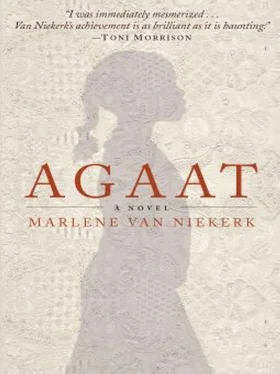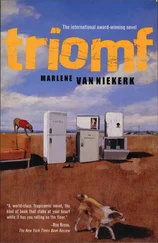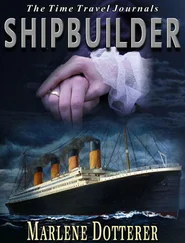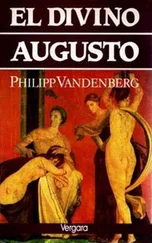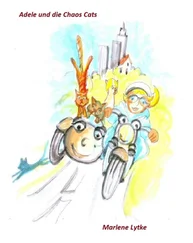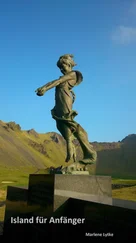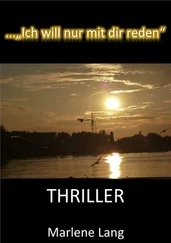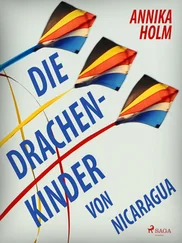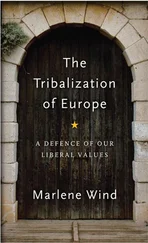Softly they spoke while he was eating. You couldn’t hear. You could only see the faces, the cautious opening-up after the terrors of the day. When he’d finished she handed back the pocket-knife. In his palm she put it and enfolded his hand with hers. Jakkie pointed at her forearm. She rolled back the sleeve of her nightdress. Together they bent over the bite wound. He took a roll of plaster out of the top pocket of his pyjamas. No, it must remain open, Agaat explained. She bethought herself, took a pair of scissors out of her needlework basket, cut off a length and allowed him to stick it on.
Suddenly Jakkie pressed his head against her body. His face distorted. Agaat pressed him close to her with both arms. For a long time they sat like that. She rocked forward and backward gently with him. After a while she whispered something in his ear, got up, took the spoon to wash it, came back, set an enamel milk-bowl full of trifle in front of him.
You turned round. You couldn’t look any longer. The faces in the soft light of the fire. The confidence. The ease. The forgiveness, asked, given, sealed. The soft bodies in the night-clothes. You didn’t recognise your child, nor Agaat’s body, the curves you could see silhouetted against the fire in the nylon nightdress. You saw her folding open her bedclothes for him. You turned back from the window, pushed your fist into your mouth so that they shouldn’t hear you groan.

clear out! clear out! throw away! bequeath! burn! sheets and pillowslips how many guests are expected for the funeral? mattress protectors the ruttish bleeding sweating sleepers don’t they long for rest? antimacassars where are the greasy heads of conniving patriotic sitting room-sitters? behind what ant-hill will they regroup? kitchen curtains checked floral striped prissy fashions of yesteryear why should kitchens have curtains? steam and splattering fat and dishes full let the hungry see them by all means curtains delay the course of history teacloths dishcloths oven gloves dishing-up is historical drying is scorch-marks are and plate-washing but who writes it up? traycloths tablecloths serviettes the wine the salt the remorse everything is now reckitt’s blue and white sobs of damask bath towels face towels guest towels facecloths the filthy living body its steaming dripping folds its unreflective splashing its lack of respect for decay nappies christening robe babyclothes why does one keep them? mommy’s child wring his neck tie a millstone round at the bottom of the dam ungrateful creature the son of mine don’t you think? embroidery-linen that you may keep that I leave to you to fill your days when I am gone hoarded trousseau whereto crocheted doilies with beads? what faith in the mothball! what idle fear of flies they live for a day and a night without fanfare do not begrudge them a jug of perishable milk muslin velours felt cotton satin silk ribbon mattress-ticking chintz kaffirsheeting flannel towelling canvas sisal seersucker brushed nylon suiting tweed flax down sixteen plastic bags of wool what on earth did I ever want to do with it all?
Agaat flings a sheet over me. It balloons and flaps over my head.
If Jakkie comes, you have to look your best, she says.
The sheet settles over the bedspreads. She ties the two upper corners with a double knot behind my neck. She pulls it tight from my neck and tucks it in around the mattress. She places the round hand mirror on its stand on the bridge.
He mustn’t think that I’ve just let you lie here and waste away, she says.
The sheet looks like a lampshade, a circus tent.
Plant a pennant in my skull and I’m the main tent, I flicker at Agaat. She flickers back without looking at me, to indicate she sees, but it’s sheer bullshit that I’m flickering if even she can’t understand it.
My head is the stopper in the hole in the roof-top, I persist, my neck the central pole. In the dome of my forehead glows forty watts. A circus tent full of sawdust, a lantern, a paper bag around a candle, shadows of trapeze artists glide to earth in the spotlight, inside resounds the applause of the crowd.
He must know his little old mother has been in the very best of hands, says Agaat.
She ignores my flickering, not inclined to risk a translation, doesn’t even want to start guessing, practical matters first, the hour of the manicure has struck.
She places another towel round my neck, tucks the edges into the top of the neckbrace.
Right, she says, now you’re nice and stubble-proof.
Doesn’t feel up to another itching episode, that’s clear. She slots a tape into the player. Noonday Witch , symphonic tone poem by Dvořák. A gift from Jakkie on her last birthday. Not exactly a lullaby, he wrote, but to remind her how she had ‘snatched him from oblivion’ on the Tradouw.
Who does she think she’s spiting? What’s driving her? The end, I imagine. It’s the end that’s hoving in sight for her. Then people tend to lose their wits. You can afford to fiddle while the drift burns. You start squandering the rations. During the day you ride your horses recklessly through the piss. Because you’re almost there. There’s a light at the end of the road. It’s worse than the Great Trek, this stretch.
Now which hairstyle will it be this time? Agaat asks. Daisy de Melcker? Or Margaret Thatcher?
Very funny, I signal. Circus!
It’s curiosity that’s driving her. I can see straight through her. Feigned dressage of the half-dead! What’s the use? She lies! She’s standing outside the tent again peeping through the chinks to steal a glimpse. Of the ringmaster, of the elephant on all fours on a little drum, of the lion lying down before the whip. Of the strong woman lifting a horse. The clown tripping over the bucket. The only difference is that Agaat is no longer the child that she was.
When you can no longer laugh, she says, you might as well give up.
Does she know what she’s saying? Give up! As if the logic of struggle and discouragement applied here! It’s much simpler. All that needs to happen, is that I must die. And it seems the show must go on till then.
What will be the final number? The tattoo announces it, the spotlight is on the slit. But what emerges from it? Only a procession, everything we’ve seen before, the lion tamers and the gymnasts and the rubber man and the twins in the barrel, round and round the ring until they vanish through the folded-back flap. Until only the ringmaster remains behind. He lifts his top hat. Farewell. Auf Wiedersehen. Perhaps the clown will trip over his feet one last time. But then it’s over. For me at least, not for Agaat.
I smelt it last night, the smoke, apparently the wattle forest caught fire there next to the labourers’ cottages, everything is black with soot down there and one house was lost, and the roof of another caved in, she says. Apparently from a spark of their cooking-fire that leapt across, because the drift is dry, everything paper-dry there on the banks.
This morning I heard Dawid talking in the kitchen. Demolish, I heard and build and three extra houses please in the place of the corrugated-iron hovels that have been put up there for the children of Julies, of Kadys.
There was a long silence. It was only Agaat and Dawid there, she’d sent out the other two. At last she spoke, loud and clear so that I could also hear.
One thing at a time, Dawid, she said, you must just make do until after the funeral. Till after the New Year, I’d say. Draw up your plans so long, work out how many bricks and bags of cement it’s going to take, corrugated iron, doors, windows, everything, I’ll check it and then I’ll see what I can do, but I’m telling you now there are too many of you, I’m not building more than two new houses, in the place of the old ones that are falling to pieces and exactly the same size, but I’m not building extra houses, you can decide amongst yourselves which three of the six and their families will go, we’re never going to need all of them and I can in any case not carry on paying them all and I don’t like unpaid hungry labourers sitting around here getting up to no good and stealing my sheep. And those who stay on, they must stop breeding or I’ll have the women fixed, sooner rather than later. Everything is going to get smaller here now, that you’ve known for more than a year now, if I need people for big jobs, I’ll hire kaffirs on contract, as at shearing time, it’s much simpler and cheaper too, all the farmers are doing it like that now. They come, they work, they eat, they sleep on sacks in the shed and I pay them and their boss comes and fetches them. No drunken brawls, no stabbings, no loafing around and no babies that I have to catch and that get ill and that I have to doctor and keep healthy all their lives.
Читать дальше
